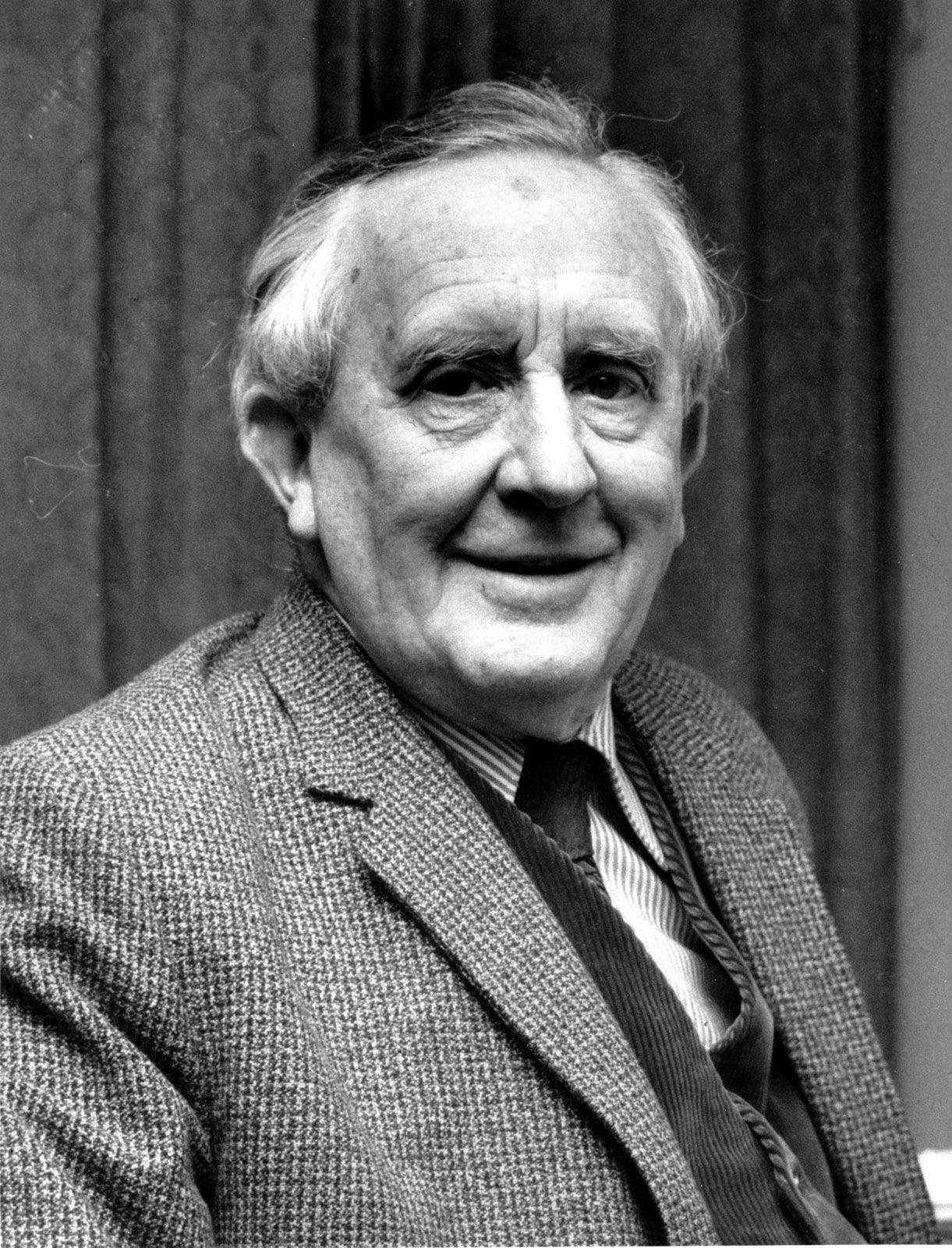Beyond the Factory Floor
Why Your Creative Work Could Be Sacred Again?
Ever felt your creative work lacks deeper meaning? Tolkien's 'sub-creation' offers a revolutionary perspective: human creativity isn't just production, but an echo of the divine. This article explores how embracing this idea can transform your work from mere output into a sacred act, infusing it with purpose and profound significance, and connecting you more deeply to what you bring into the world.
What if Making Things Could Be Sacred Again?
Have you ever felt that nagging sense that something's missing when you're creating, or even just working? We live in a world that praises 'innovation' and 'productivity,' yet the act of making often feels hollow. It's like we're just churning out widgets, whether those are lines of code, marketing campaigns, or even pieces of art. But what if there was a way to imbue everything we create with deeper meaning, perhaps even a sacred quality? That's exactly the radical idea I want to explore with you today, an idea rooted in the philosophy of a certain beloved fantasy author: J.R.R. Tolkien.
When Art Became a Commodity (And We Lost Something)
Think about it. Our modern world often treats creation as pure production. You build an app, you write a report, you paint a picture – and the primary metrics are usually profit, efficiency, or viral reach. The intrinsic value, the deeper purpose, often gets lost in the noise. Art becomes 'content,' craft becomes 'manufacture,' and we, the creators, become cogs in a larger machine. We're told to innovate faster, scale bigger, monetize smarter. This relentless drive for output can strip the joy and profound meaning from our work, leaving us feeling disconnected from what we bring into the world. It’s a stark contrast to ancient traditions where making was often a ritual, a form of communion, an act deeply tied to identity and community.
Tolkien's Radical Idea: You're a 'Sub-creator'
This is where Tolkien steps in with his brilliant concept of “sub-creation.” Tolkien, a devout Catholic, believed that humans, made in the image of a Creator, have a unique, derivative creative capacity. We can't create something from absolute nothingness – that's God's domain. But we can take existing elements and arrange them, shape them, and infuse them with meaning to create something new. This is what he called 'sub-creation.' It’s about taking the 'primary creation' (the world, its elements, its laws) and crafting a 'secondary world' – a story, a song, a building – that echoes the beauty and truth of the primary one. It's not just about making things; it's about making them in a way that respects their origins and reflects deeper truths.
We make in our measure and in our derivative mode, because we are made: and not only made, but made in the image and likeness of a Maker.
– J.R.R. Tolkien, "On Fairy-Stories"
This idea elevates our creative acts from mere production to something almost divine. It suggests that our best work isn't just clever; it's truly good, truly beautiful, and truly meaningful. In a world that often reduces creation to mere production, Tolkien reminds us that every act of making can be an echo of the divine, a sacred endeavor imbued with purpose and meaning.
Go Deeper
Step beyond the surface. Unlock The Third Citizen's full library of deep guides and frameworks — now with 10% off the annual plan for new members.
Your Own Act of Genesis: Finding Meaning in the Mundane
So, how can you apply this? Think about your own work, whatever it is. Are you just 'producing' something, or are you 'sub-creating'? Are you merely building a house, or are you creating a home? Are you simply writing code, or are you crafting a digital experience that serves a higher purpose? For me, this shift in perspective has been profound. It means approaching my writing not just as a job, but as an act of carefully arranging words to reveal deeper insights, to build a 'secondary world' of understanding for you, the reader. It means taking responsibility for the integrity and truth of what I put out there.
Man is an artist because he is a person. The creative act is simply the most intensely personal one possible.
– C.S. Lewis, "The Abolition of Man"
This is not about being overtly religious in your work, but about bringing a sense of reverence, intentionality, and profound care to everything you do. It's about remembering that even in our secular age, the act of making can be a path to meaning, a way to connect with something greater than ourselves, and a profound act of personal expression. Let's reclaim the sacredness of creation, one careful, intentional act at a time.



